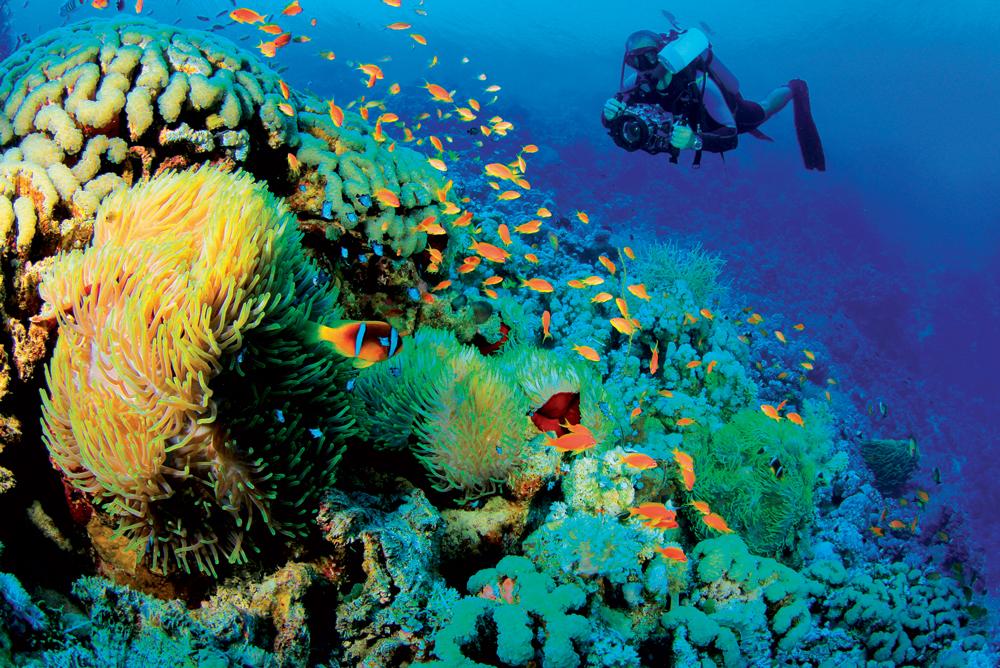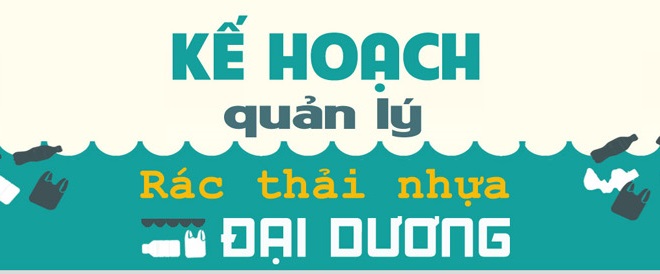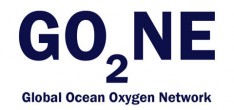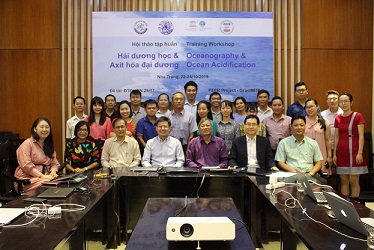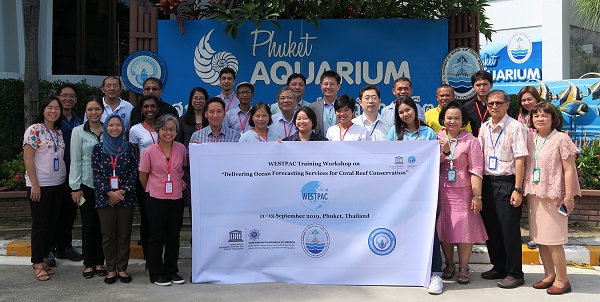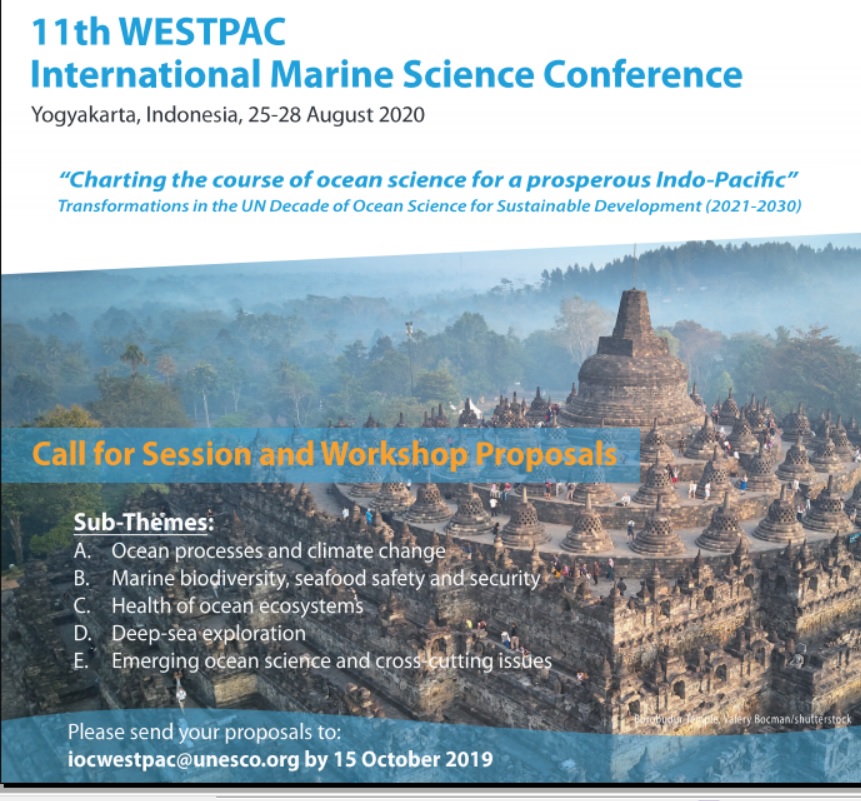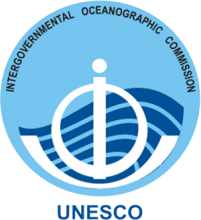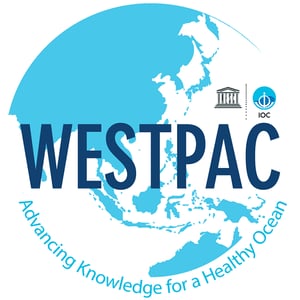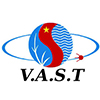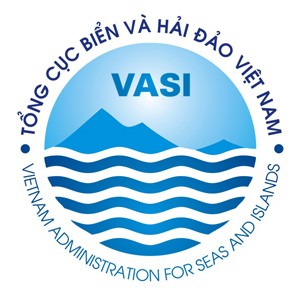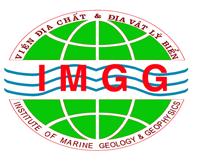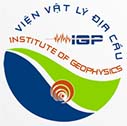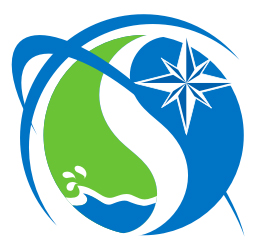- Home
- About us
-
Programs/Projects
-
Programs/Projects of IOC/WESTPAC
-
Marine Science and Application
- Đa dạng sinh học vùng biển ven bờ và bảo tồn ở Tây Thái Bình Dương (2008-2017)
- Rạn san hô dưới tác động của khí hậu và nhân sinh (IOC/WESTPAC-CorReCAP) (2008-2017)
- Dự án Phân loại sinh vật san hô bằng DNA (DRMREEF) (2012-2017)
- Dự án “Độc tố trong sinh vật biển và an toàn thực vật biển”
- Dự án “Sự nở hoa của tảo độc hại” (HABs)
- Ứng dụng Viễn thám hải dương vẽ bản đồ các sinh cảnh ven biển (1996-2017)
- Nghiên cứu các loài có nguy cơ tuyệt chủng trong đới xích đạo Châu Á phục vụ bảo tồn có hiệu quả (dự án mới 2015-2017)
-
Ocean Observation and Service
- Hệ thống quan trắc và dự báo đại dương toàn cầu trong khu vực Đông Bắc Châu Á (NEAR-GOOS) (1996-2017)
- Hệ thống quan trắc đại dương toàn cầu trong khu vực Đông Nam Á (SEA-GOOS) (2002-2017)
- Tương tác biển-khí trong vùng mở rộng của Kuroshio và ảnh hưởng của khí hậu (2012-2017)
- Nghiên cứu hiện tượng nước trồi qua tích hợp tài liệu đại dương hướng tới một đại dương khỏe, ổn định và năng suất cao (dự án mới 2015-2017)
- Sự biến động của môi trường đại dương Ấn độ - Thái Bình Dương và tương tác biển khí quyển (dự án mới 2015-2017)
- Phát triển mạng lưới quan trắc, dịch vụ đại dương Ấn Độ - Thái Bình Dương (dự án mới 2015-2017)
- Trầm tích sông đổ ra biển Đông (2008-2017)
- Ứng phó với các tai biến thiên nhiên liên quan đến thay đổi khí hậu trong khu vực Tây Thái Bình Dương (WESTPAC-ROSE-MaHaz), 2008-2017
-
Marine Science and Application
- Projects of IOCVN
-
Programs/Projects of IOC/WESTPAC
- Working groups
- Capacity
- News and Events
- IOCVN Newsletter
- E-Library
- Contact us
Highlights
Links
Contact address
Vietnam National IOC Committee (IOC VN)
Institute of Oceanography
Address: 01 Cau Da, Nha Trang, Khanh Hoa, Vietnam
Tel: 84-258-3590772, 84-258-3590035 / Fax: 84-258-3590035
Email: iocvn.info@gmail.com / Website: http://www.ioc.vn
E-Library
Registration for news-letter
® Copyright 2015 IOC Việt Nam.
Design by T2 DESIGN Co.,Ltd


